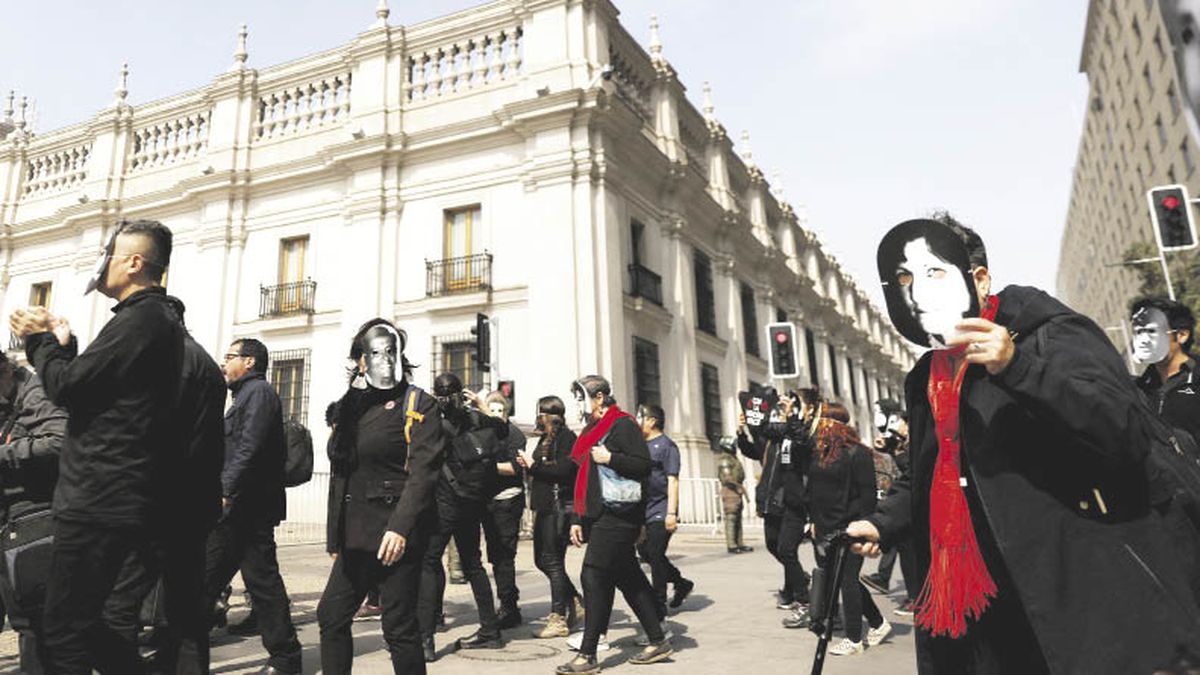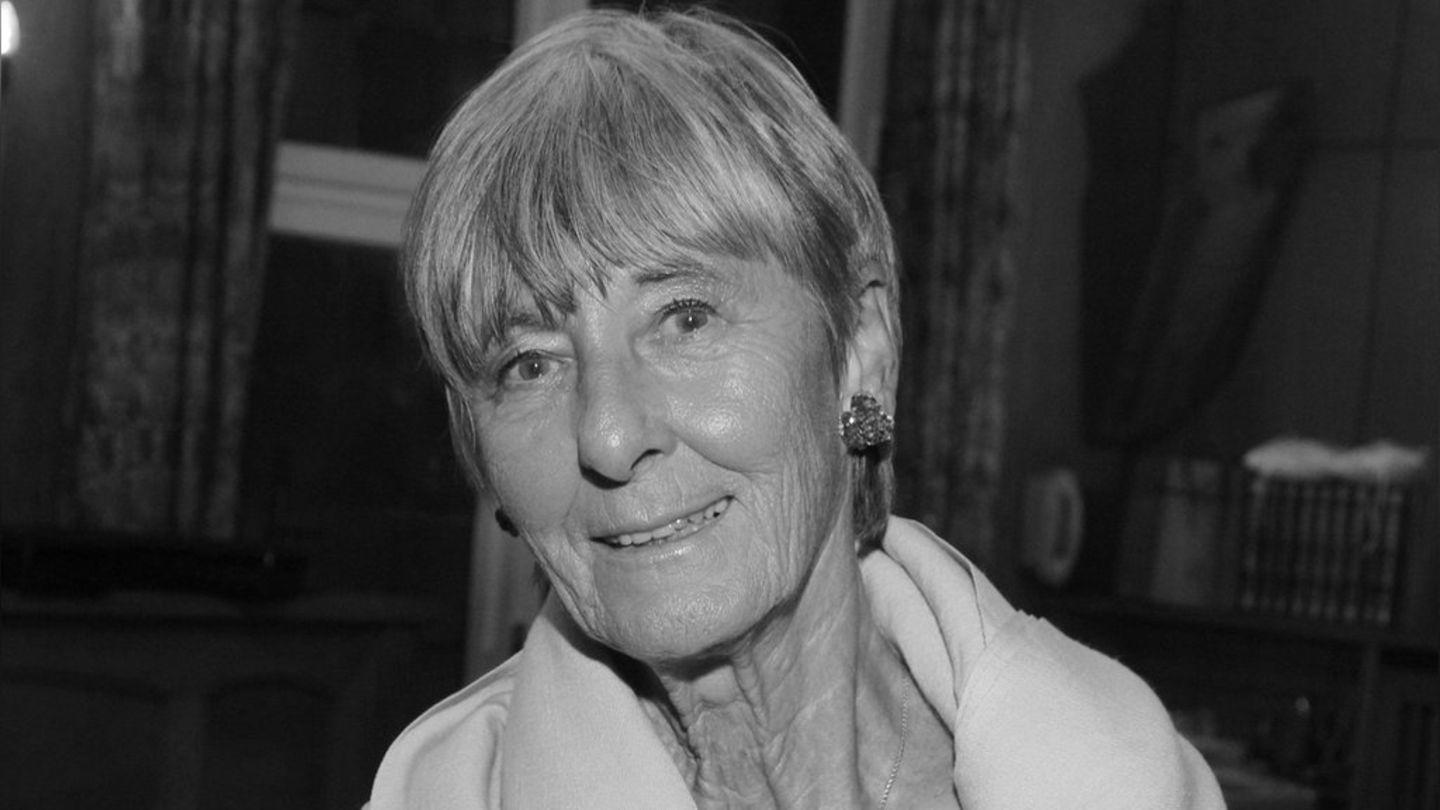She says that she “buys life” in the private system to treat her cancer and avoid the endless waiting lists and overwhelmed emergencies in public centers. “If you have money, you have health,” she says.
The health care model in Chile was conceived with the current Constitution of 1980, inherited from the dictatorship of Augusto Pinochet (1973-1990), which does not guarantee the right to health.
The Constitution proposal elaborated during a year by 154 constituents, popularly elected on a parity basis, recognizes that “every person has the right to health and comprehensive well-being, including its physical and mental dimensions.”
More than 15 million people are called to speak on Sunday about the new Magna Carta. The “rejection” option leads all the polls, with up to 56% support. The current health system in Chile, which divides between public and private care, is financed through the mandatory contribution of 7% of the worker’s salary. This decides whether to pour it into the public system (National Health Fund, Fonasa), which also welcomes those who do not contribute resources, or the private system (Institutions of Health Insurance, Isapres).
Only about 16% of the population attends the private system, although they receive more income through contributions than the public system.
The proposed Magna Carta establishes a “universal, public and integrated” health model, by which a unified system is contributed and it is possible to opt for complementary private insurance.
The goal is to prevent “that finally (only) those who have money in their pocket can pay for care,” says Dr. Francisca Crispi, president of the Medical College (Colmed) of Santiago.
The possibility of choosing the destination of the health contribution currently translates into a lack of resources to finance the public system, which covers most of its budget with State funds. Only 21% comes from workers.
“More people are served in the public sector, but less money comes in. More money enters the private sector and fewer people are served. Therefore, there is (in the second) a better attention”, indicates Pérez.
In public hospitals, emergency rooms are overcrowded daily with waiting times of more than six hours and, for some treatments or operations, waiting lists exceed 500 days.
“We have a lot to improve and strengthen in the management of the public system in order to optimize capacity,” said Crispi, who pointed out that public operating rooms are often closed at one in the afternoon.
Preventions
In the Association of Isapres, which brings together the six existing private insurance companies in Chile, the changes proposed in the new Constitution are worrying. They do not consider that the integrated model is going to be an advance because “it is going to overload the public system,” said Gonzalo Simón, president of the Association of Isapres.
“If this new Constitution comes into operation and this new system is put into practice, the possibility of choosing is lost and all people have to necessarily move to the public option,” he said.
But in the Colmed de Santiago they do not agree. “That freedom of choice is partial and is for very few. It is for the percentage that private insurance can pay for,” says Crispi.
Pérez is confident that, with the new text, patients in Chile could have health care without having to lose their house or go into debt for 20 years.
“Strengthening public health is the first thing, that there are sufficient resources to be able to strengthen it and that tomorrow we can choose whether we want to serve ourselves in the public or private sector,” he maintains.
AFP Agency
Source: Ambito
David William is a talented author who has made a name for himself in the world of writing. He is a professional author who writes on a wide range of topics, from general interest to opinion news. David is currently working as a writer at 24 hours worlds where he brings his unique perspective and in-depth research to his articles, making them both informative and engaging.




